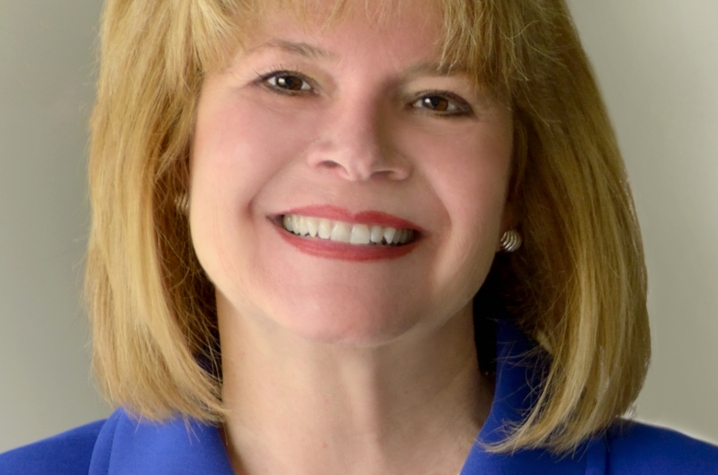BLOG: Nursing Profession Doing More to Meet Health Needs

Following is a blog by Janie Heath, Warwick Professor and dean of the University of Kentucky College of Nursing.
Oct. 8, 2014
When a brother or sister is hurting, the whole family feels it and worries about it. That is what happens in nursing as well. As the largest health care profession, there are approximately 3 million registered nurses in the United States who I consider part of an extended family.
Do I worry about the stress and fatigue many nurses are experiencing as patient needs grow and the number of caregivers equipped to care for them diminishes? I do — but I worry just as much about how that story is told and its impact on perceptions of this critically important profession.
Sanjay Gupta M.D. recently made clear in his article “Why America’s Nurses Are Burning Out” (posted Sept. 19 2014; www.everydayhealth.com ), that the nation’s nursing shortage is real and the number of patients is growing. Add to that a community of health care professionals nearing retirement — the average age of today’s registered nurse is 47 — and you can see where this is heading. Dr. Gupta reports the story of a 48-year-old woman who decided to become a nurse because she wanted to make a difference. After just three years in practice, she not only quit her job but gave up nursing altogether. The emotional and physical toll was just too great.
That nurse’s story bothers me on a number of levels. No nurse, especially a new one, should have to navigate the beginning of a challenging career without mentors and champions for guidance and support. Nursing requires courage and tenacity. It’s a world where sadness meets joy and inspiration meets frustration. I can’t imagine navigating it alone, especially as a new nurse.
Like so many other nurses, I am grateful for the numerous mentors who encouraged me, inspired me and helped shape me into the nurse I always wanted to be — exactly the kind they were: passionate, dedicated and completely focused on the health and well-being of the people they served.
Research clearly demonstrates the positive impact of quality nursing care on patient health outcomes. However, the health of our profession is at risk with the national problem of nursing burnout. It’s also a very costly one, both for hospitals and for patients.
The challenge is real. But as problematic is sensationalizing the problem, rather than discussing it in an objective, evidence-based way. In fact, we marginalize nursing when media outlets sensationalize the symptoms of nurse turnover and ignore the root causes. Some of them are beyond our control — patients who are sicker and a medical environment that’s more complex, just to name two. Others, however, are not.
In nurse satisfaction surveys we hear directly from the source as to what would keep nurses engaged and inspired, despite the long hours and daily challenges. Nurses want a stronger voice and the authority to use it. They want learning opportunities and tools that will help them grow as professionals, whether they’re looking to move up or content to stay where they are. They want support that allows them to practice at the full scope of their education and license as well as equal recognition of the contributions they make in care delivery models. Systems that value nurses are systems that bring value to patients and their families and are recognized as authentic healthy working environments.
Today in Kentucky, and at leading academic medical centers and nursing programs across the country, you’ll find nurses leading change at the bedside through innovative education, cutting edge research, and boardroom leadership. These are the stories we need to be telling to attract the next generation of nurse leaders. In so many respects, there’s never been a better time to choose nursing. Women and men can make a measurable difference in people’s lives, and the career opportunities and avenues to do so are wide open. It’s an honorable profession and a remarkable family — one I’m very proud to call my own.
The challenges, indeed, are real. But, so too, are the opportunities and the compelling examples of how nursing is having a positive impact on both people and a health care system being asked to do more today than at anytime in our history.
That's a story worth telling.




